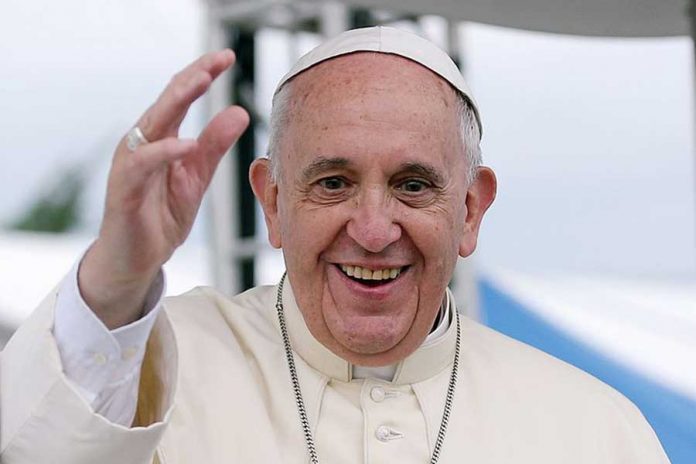In Hong Kong, Pride goes on despite police ban
LGBTQ people in Hong Kong celebrated Pride Nov. 16 following a police ban on the annual march.
Rather than a parade, attendees were only allowed to gather in a “public meeting.”
Members of the LGBTQ community expressed disappointment that the police would use the months of protests in Hong Kong as a reason to prohibit the march.
“The pride parade has always been orderly, peaceful and well-disciplined,” said Ray Chan, a gay Hong Kong lawmaker. “There is no reason for the police to reject the pride parade application … It has nothing to do with the recent protests.”
Hong Kong has hosted Pride parades for a decade, with roughly 12,000 people gathering last year to demand rights, including anti-discrimination protections and marriage equality. This year was the first police had denied the application for a march.
“We are lucky to have paved the way for the next generation to grow up as who they are,” Chan tweeted on Nov. 16.
Organizers said that about 6,500 people attended the rally this year, with the new anti-mask law and fears of public tension contributing to the drop in turnout.
A 17-year-old named Mo said that it was a “pity” that police had banned the march.
“Every year, the pride parade is held. Police had only rejected this year’s march two days before despite an application being filed much earlier,” said Mo, who identified himself as a protester who had helped build roadblocks and extinguish tear gas canisters thrown by police. “I believe when there is no police presence, everything will be peaceful.”
Also, on Nov. 16, mainland Chinese soldiers garrisoned in Hong Kong made their first public appearance since the protests began this summer.
The move alarmed many in Hong Kong, who wondered if the troops were acting to clear streets of debris on the invitation of Chief Executive Carrie Lam.
Pope denounces anti-gay ‘persecution’ as recalling Nazi era
Pope Francis has denounced anti-gay discrimination as reminiscent of Nazi-era persecutions and evidence of a “culture of hatred” that has re-emerged today.
Francis made his comments in a wide-ranging speech Nov. 15 to an international penal law association. He said some public officials speak about persecuted groups the same way Adolf Hitler referred to Jews in the 1930s.
He said: “These are actions that are typical of Nazism, that with its persecution of Jews, gypsies, people with homosexual orientation, represent an excellent model of the throwaway culture and culture of hatred.”
In the speech, Francis also denounced racially-based police brutality, the arbitrary use of preventive detention as well as the failure of legal systems to punish corporate crimes against the environment. He said such “ecocide” is a sin.
Uganda charges 67 people after raid of LGBT-friendly bar
Sixty-seven people arrested at a gay-friendly bar in Uganda were charged with “common nuisance” Nov. 12 in what activists called the latest attack on the LGBT community.
They face a maximum sentence of a year, lawyer Patricia Kimera said. She described the charges as “petty,” adding that “we are campaigning to decriminalize such charges because they give the arresting officers room to abuse people’s rights.”
All were remanded to prison without bail and will be back in court later this month.
A human rights lawyer, Nicholas Opiyo, said police released 50 other people after Sunday’s raid on the bar in the capital, Kampala. He called the bar popular with the LGBT community as a place where they won’t be judged.
Gay rights activist Kasha Jacqueline said the bar is used for health outreach programs.
Jacqueline rejected police allegations of drug possession.
A police spokesman, Patrick Onyango, denied the raid targeted the LGBT community.
LGBTQ folks face discrimination in many parts of sub-Saharan Africa. Uganda punishes sex acts “against the order of nature” with up to life in prison.
Reporting via Associated Press

